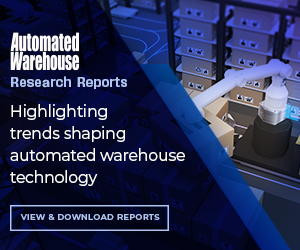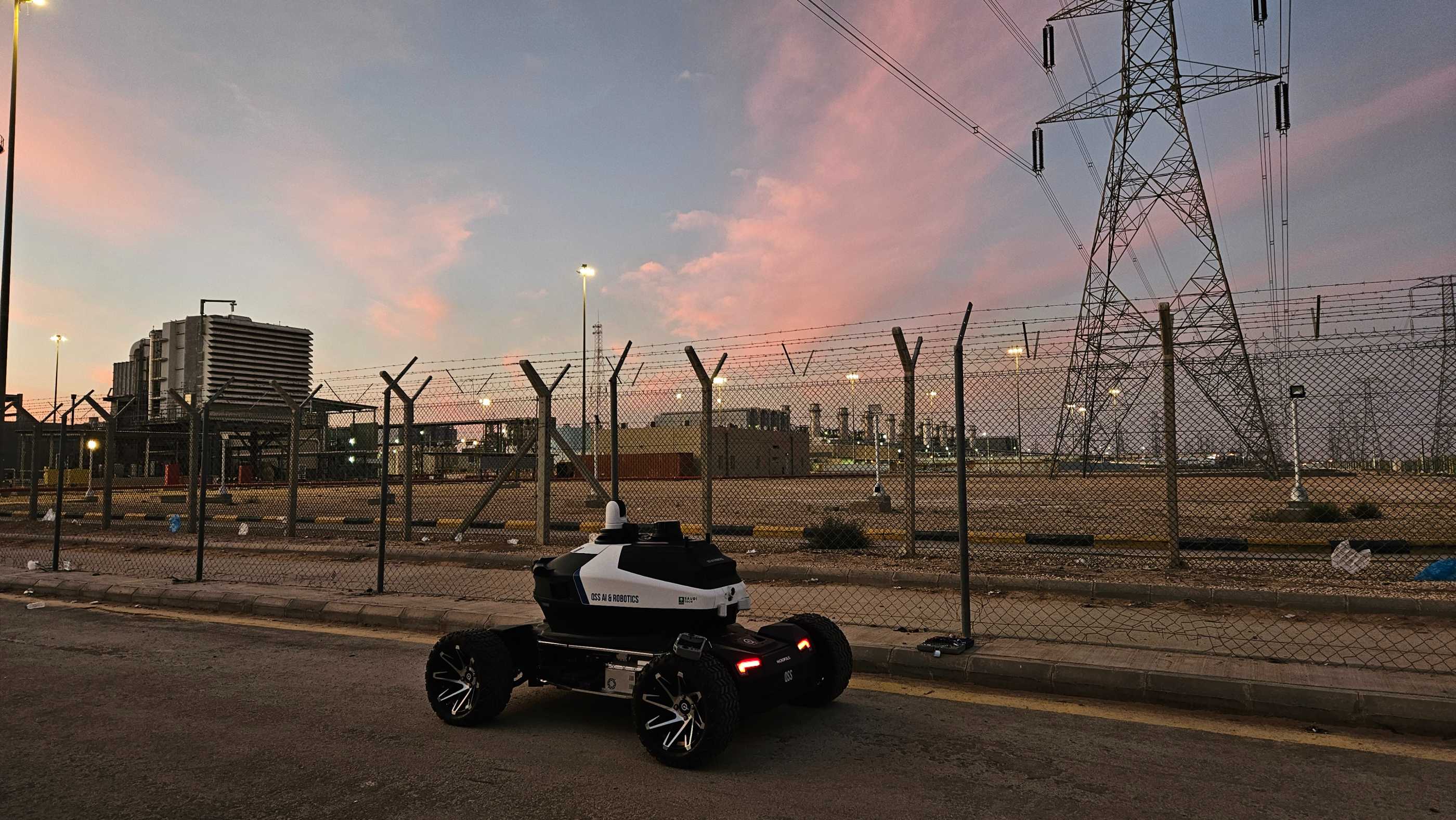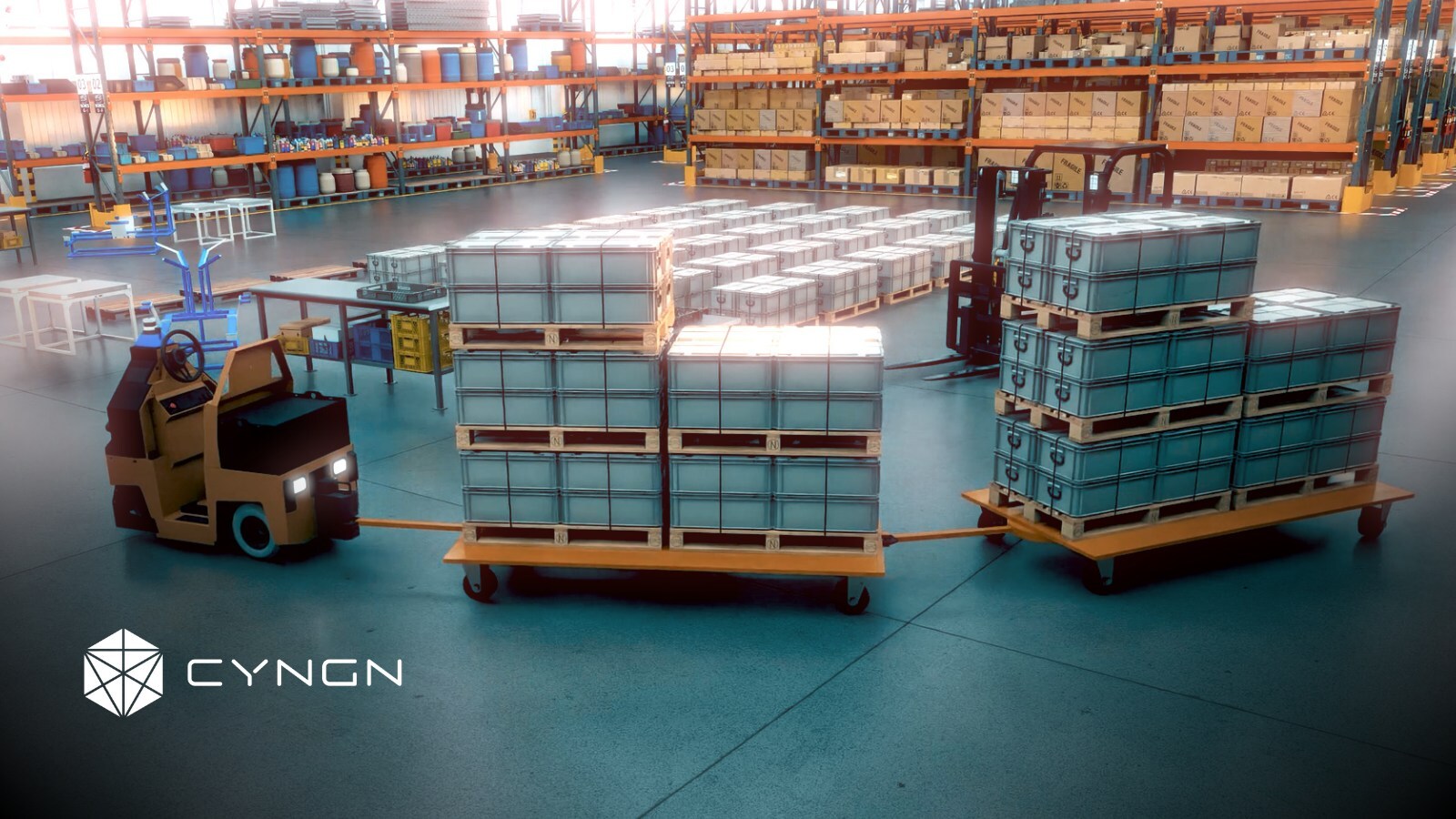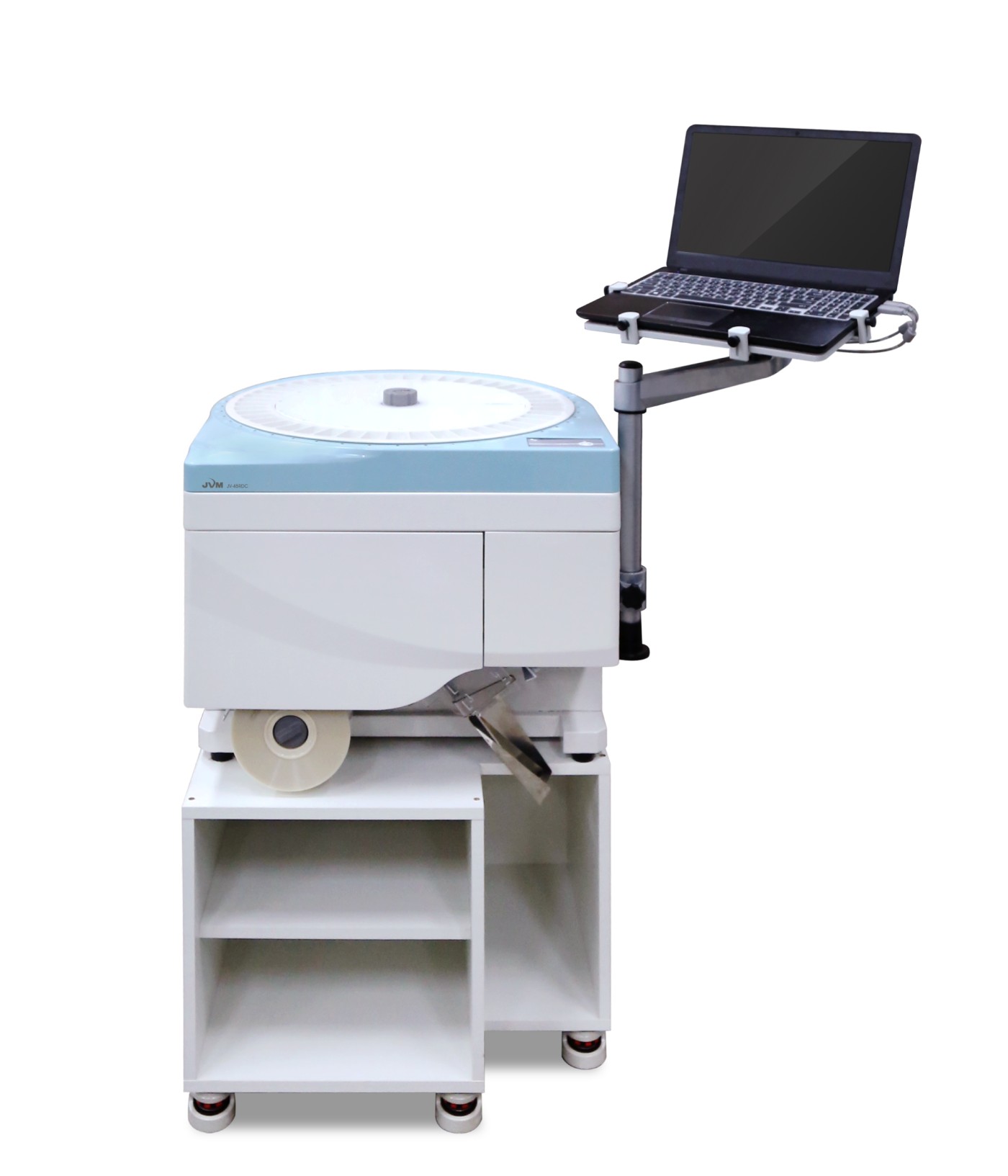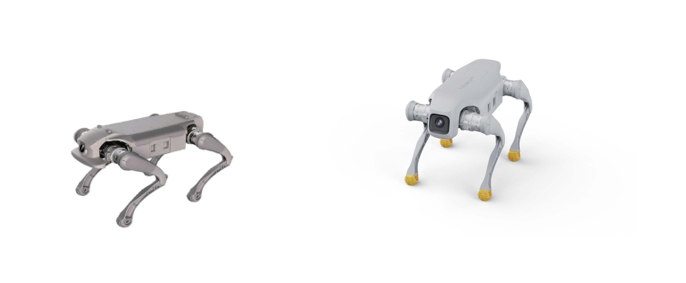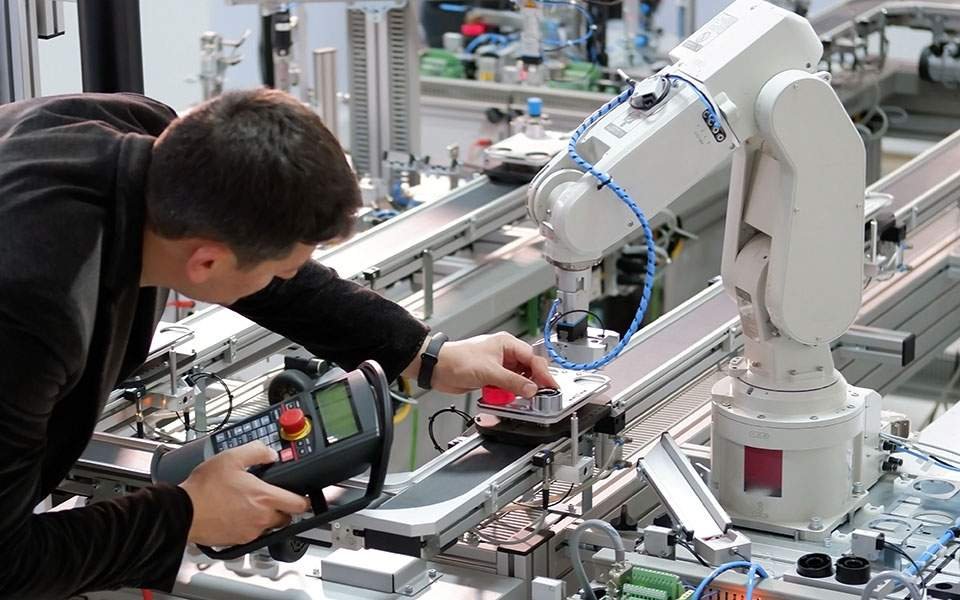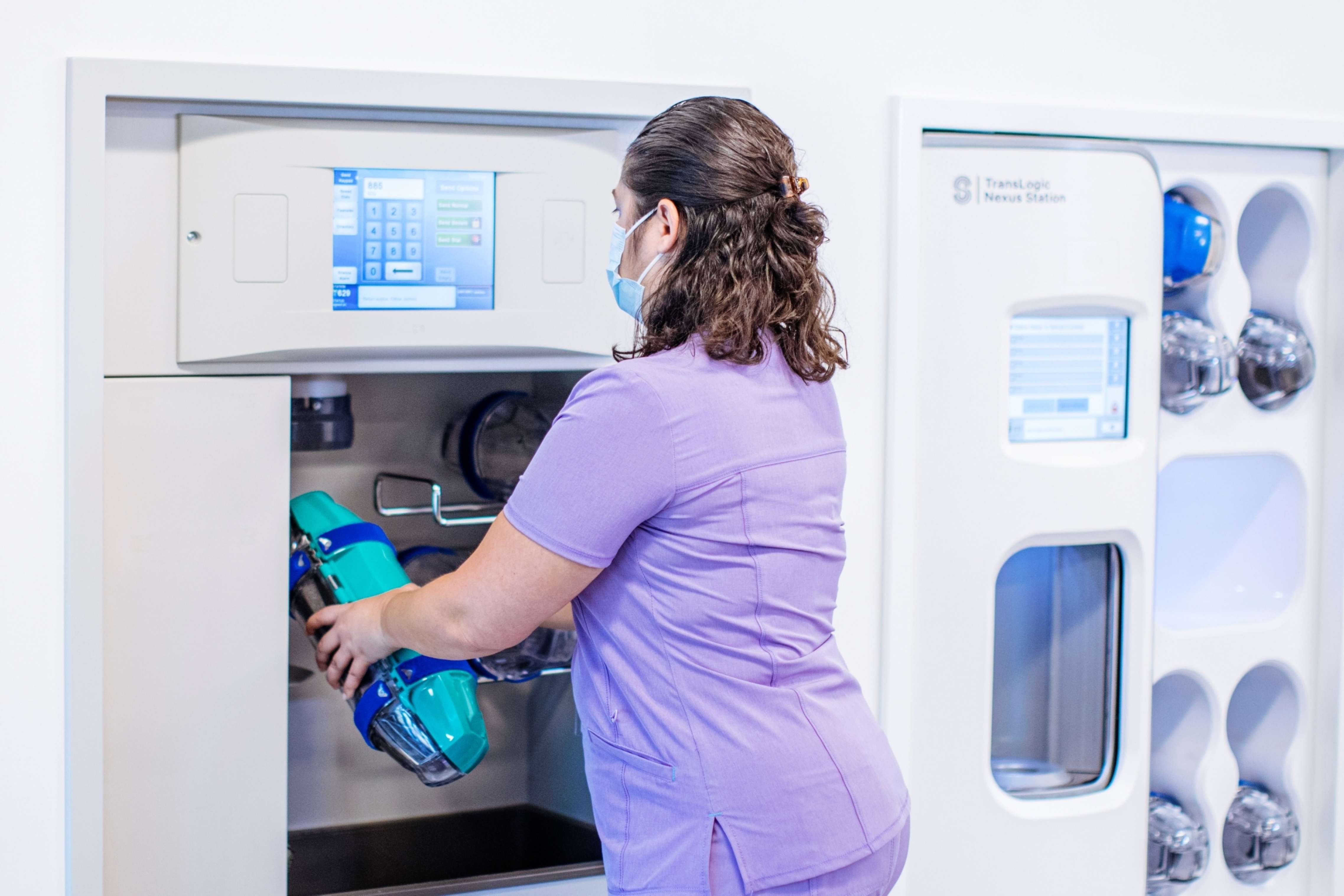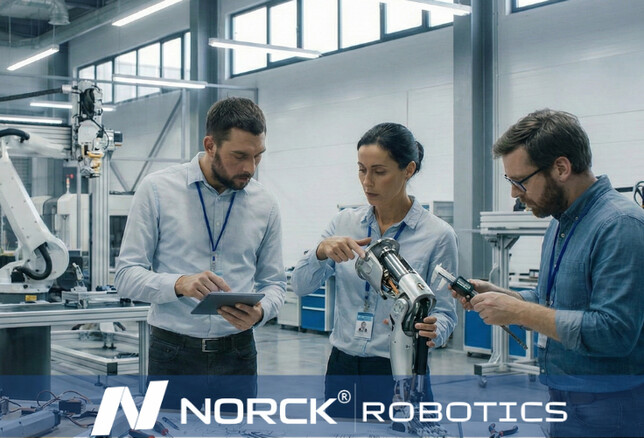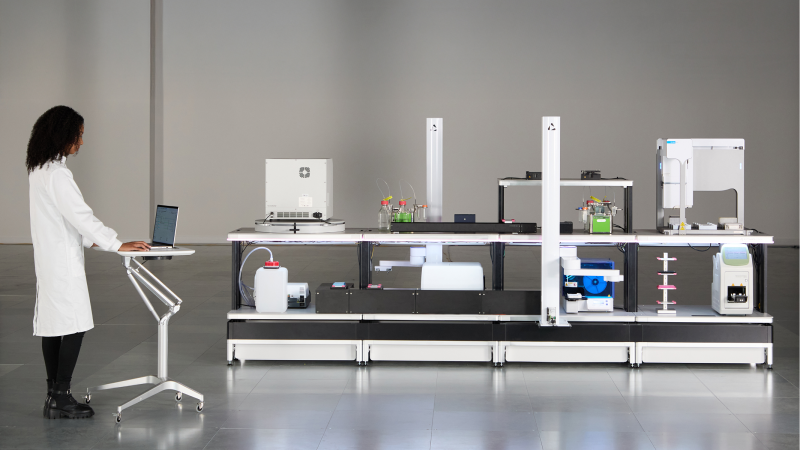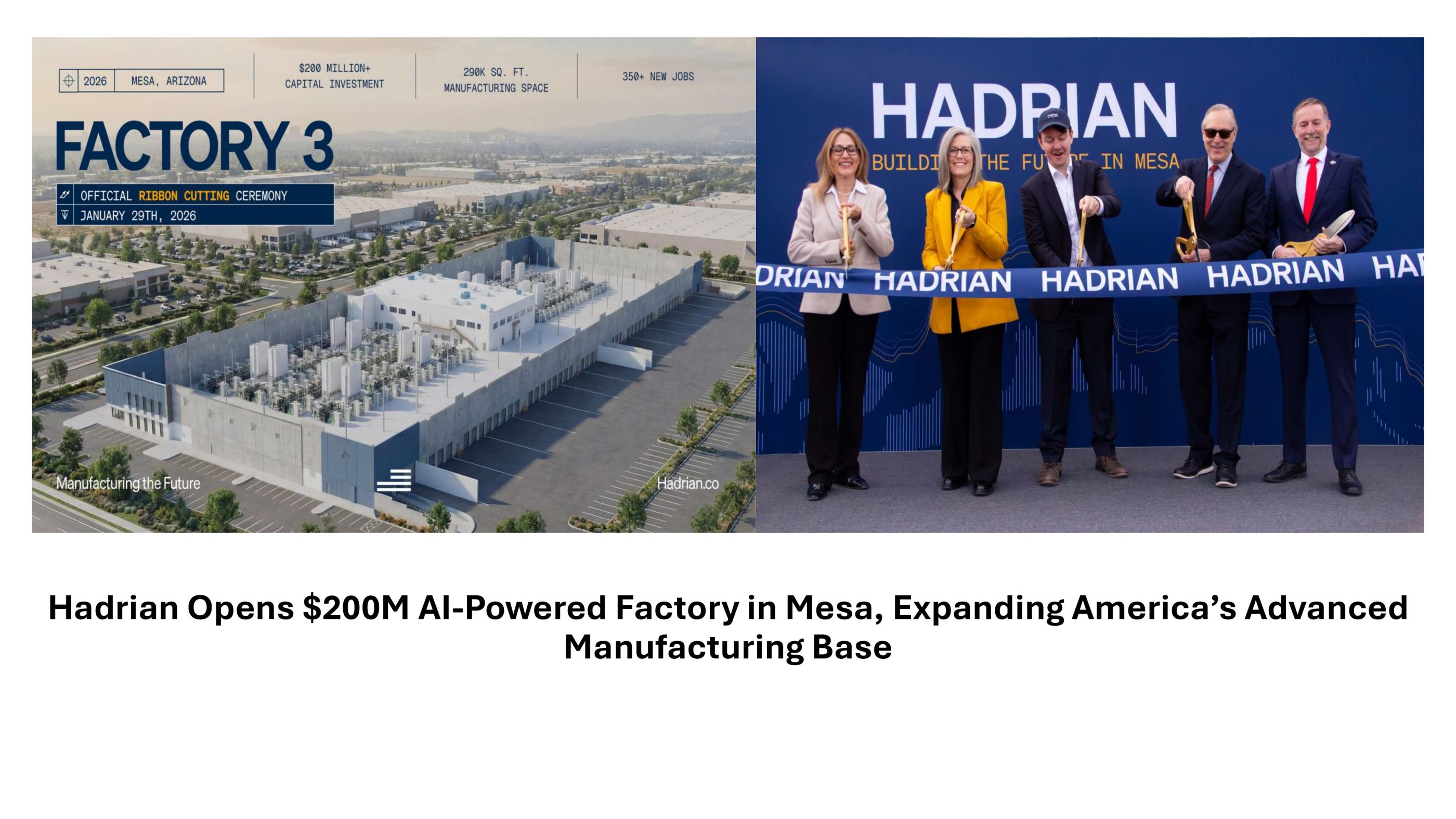Netradyne Research Highlights AI's Transformative Role in Fleet Safety and Supply Chain Efficiency
At the Gartner Supply Chain Planning Summit, Netradyne revealed that while only 33% of logistics providers currently leverage AI for fleet safety, 81% plan to adopt it within a year—unlocking critical improvements in accuracy, cost-effectiveness, and real-time fleet visibility.
Image Source | Public Domain : AI's Transformative Role
Netradyne commissioned research at the Gartner Supply Chain Planning Summit last week revealed the untapped potential of artificial intelligence (AI) to improve fleet safety, enabling greater accuracy and cost-effectiveness in supply chain logistics and transportation. Currently, only 33% of respondents are using AI to assess and monitor fleet safety performance. However, 81% of respondents plan to adopt AI platforms in the next year to mitigate risk and improve safety for better operational performance.
Issues Facing Third-Party Logistics Providers
The survey highlights the importance of accuracy, speed and cost-effectiveness in delivering goods, cited by 57% and 31% of supply chain professionals respectively. However, despite the importance of accuracy in logistics and transportation, companies continue to face persistent obstacles, including lack of fleet visibility and limited driver availability, which are major factors hindering delivery accuracy.
Accidents are another critical issue. Accidents damage products in transit, harming brand image, affecting driver well-being and availability, and increasing costs. Alarmingly, 46% of respondents are unsure of the full financial impact of accidents on their business.
Outdated technologies limit data accuracy
Data is critical to fleet management and safety, with 52% of respondents already sharing data with partners to improve safety standards. However, many systems rely on outdated technologies, such as telematics and GPS, which offer limited functionality. As evidenced by the notable increase in companies planning to adopt AI for fleet safety management, supply chain teams are increasingly recognizing the value of AI-driven data for its accuracy and ability to provide more insights into fleet operations.
AI-driven data: The key to safer, more efficient fleet operations
Integrating AI tools into freight delivery processes offers significant benefits. AI-powered solutions can improve delivery accuracy and on-time by optimizing fleet visibility and driver availability. They can analyze data to predict and prevent accidents, reduce traffic violations, and improve driver behavior. By implementing data-driven fleet management, AI contributes to a safer and more efficient fleet, giving third-party logistics providers (3PLs) better oversight and control of their operations, while significantly reducing costs. These economies of scale have a direct impact on profitability, making AI an invaluable asset.
“Transportation is an inherently challenging business. With more people on the road and unpredictable conditions, logistics providers are facing more risks than ever before. Issues such as increasing end-customer expectations for fast and hassle-free deliveries, rising costs, shrinking markets and increasingly selective insurers are adding to the pressures faced by supply chain teams. Visibility into fleet operations is critical to solving these challenges, and AI is proving to be a key enabler to improve it,” commented Durgadutt Nedungadi, Senior Vice President, Global Business, Netradyne.
“AI-powered vision technologies can alleviate many of these challenges by providing real-time insights that improve safety, anticipate potential issues, and ensure timely interventions. As the industry becomes more complex, supply chain leaders are increasingly leveraging AI-powered data analytics to increase operational efficiency, improve safety, and maintain a competitive advantage,” Durgadutt concluded .





